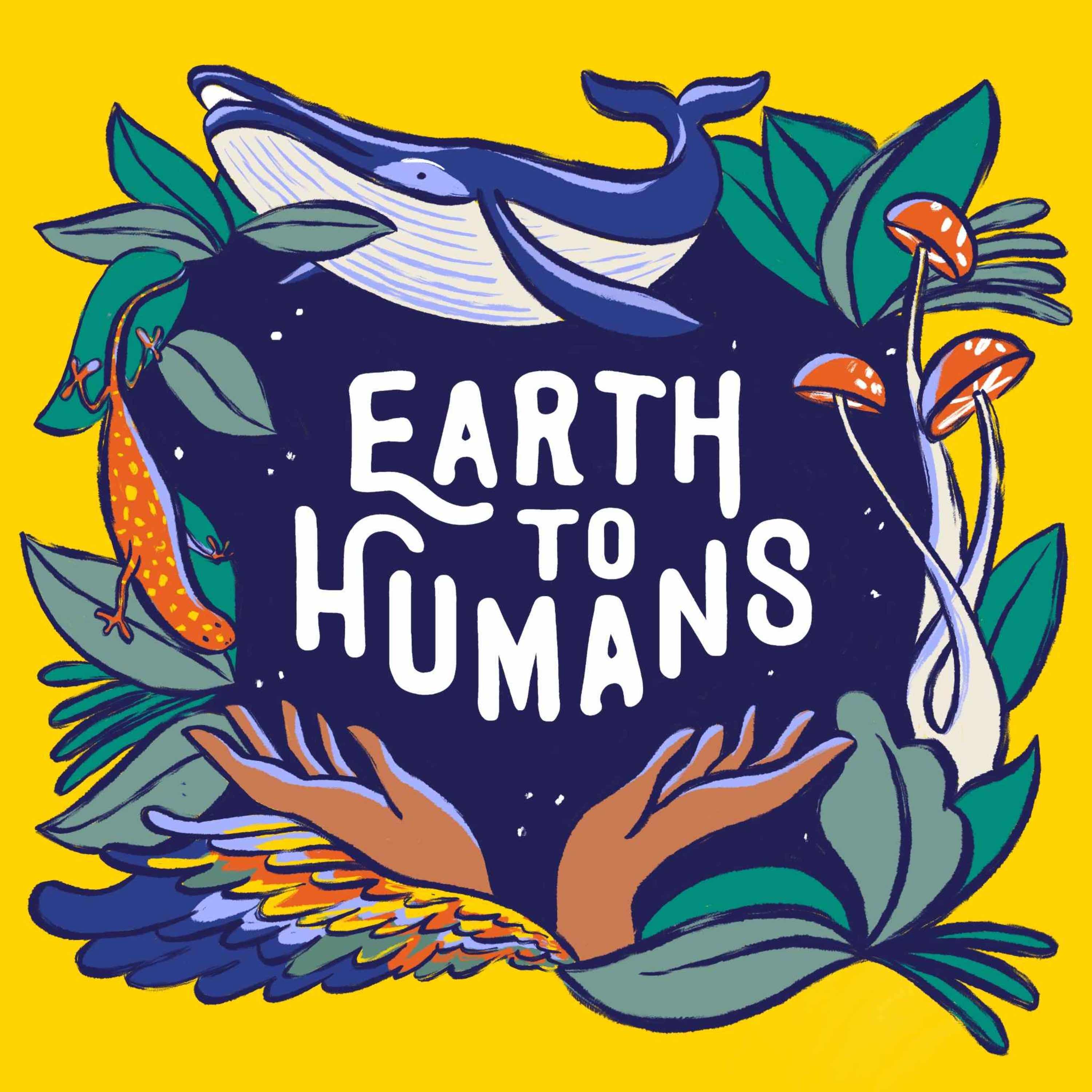The Coldest Place in the Universe
Description
I came across today’s topic in kind of a roundabout way. Recently I was rewatching the James Cameron film, Titanic, and as I was watching Rose freeze on her floating piece of wood and pry Jack’s cold dead hands from hers as she whispers "I’ll never let go," it got me wondering just how cold the water actually was when the titanic actually sank. A quick google search told me it was about -2.2 degrees Celsius (or 27 degrees Fahrenheit). And if you’re me and were taught that water freezes at 0 degrees Celsius or 32 degrees Fahrenheit, you may have been stumped by the water’s ability to be colder than “freezing.”
So you do another few google searches and come to find that water doesn’t actually HAVE to freeze at 0 celsius (32 degrees Fahrenheit) and continuing the Titanic example, saltwater, ambient air temperature and the sheer size of the body of water all affect the water’s temperature and ability to freeze. Still with me? Okay but then I started wondering just how cold liquid water can still exist before it HAS to freeze (the answer is -55 degrees Fahrenheit by the way) and then I came across a bit of research about a group of scientists who accidentally created the coldest place in the universe.
This is where today’s episode picks up. I wanted to understand a bit more about this experiment, how it happened, and what its implications are for real world and important applications. Christian Deppner is my guest today who was a member of the team that created this ultra cold capsule of atoms while researching what’s called internal wave interferometry. By using a tall drop tower that simulates anti-gravity conditions, Christian and his team at the Center for Applied Space Technology and Microgravity (ZARM) at the University of Bremen in Germany, tried to see how slow they could get a contained cloud of atoms to move and how accurately they could measure this movement, all the while creating atomic movement so slow, it became the coldest place in the universe.
Join private conversations with top authors and access exclusive bonus content!
See acast.com/privacy for privacy and opt-out information.
More Episodes
Published 11/13/24
I recorded this interview with Nathaniel Stinnett, the founder of the Environmental Voter Project, in the summer of 2016. While there are lots of differences between this election cycle and that of 2016, the ideas that Nathaniel shared remain relevant and important today. The Environmental Voter...
Published 10/30/24
I discovered Lisa while reading a book not penned by her - Phosphorescence by Julia Baird. In the book, Julia is faced with a life threatening illness, and goes on a journey to cultivate ‘inner light’ which sees her, amongst many other things, meeting up with jellyfish and fluorescence expert Dr...
Published 10/16/24


